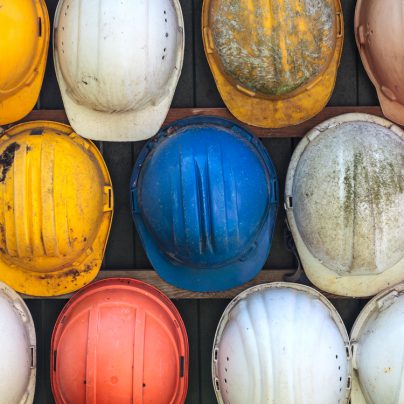In recent news we have seen the media surround health topics especially heart attack related articles. 23-year-old Bolton Wanderers footballer Fabrice Muamba suffered a heart attack during the FA Cup tie against Tottenham on the 17th March at 18:13; despite repetitive CPR, his heart did not start working again until 19:31. The general public need to realise that heart attacks can come on suddenly without the patient having any history of heart complaints. So we must all learn the symptoms and signs to assist people in such emergencies, because the delay in CPR reduces the chances of survival by 10%.
Symptoms May Include:
- Severe chest pain, extending down the left arm.
- Shortness of breath, pale/ashen skin, blue lips
- Sweating and feeling sick, dizzy and weak
- Irregular, weak pulse
If you are in a position where such assistance is needed, the important thing is to start CPR quickly.
The Unconscious Casualty CPR
- Position the casualty on a firm flat surface
- Remove as much clothing as necessary to get to the casualty’s chest area
- Kneel by the side of your casualty
- Place the heel of one hand in the centre of chest (Lower half of breastbone)
- Place the heel of the other on the top of the first hand
- Interlock the fingers of your hands and ensure that pressure is NOT applied over the casualty’s ribs.
- Position yourself vertically above the casualty’s chest and with your arms straight, press down on the breastbone
- Release all the pressure WITHOUT losing contact between the hand and the breastbone, then repeat at a rate of about 100-120 times per minute
CPR artificially pumps the blood round the body buying medics time to work out how to get the heart working. In the case of Fabrice Muamba, he was incredibly lucky to have immediate help, many across the UK are not so lucky. About 100,000 people a year in the UK die after having a sudden cardiac arrest. Many of those will have collapsed in places where help is not to hand.
It is why in recent years a campaign has been under way to place more defibrillators in community settings. But there are still not enough, according to the Arrhythmia Alliance.
But with your help we can reduce these emergencies by taking matters into our own hands. First Aid Training is the most effective method to educate yourself and to protect others from life threatening emergencies. These courses can prepare you and make you become aware of your surroundings, so you or people around you are not in danger.
Check out GK First Aid Training website for more details regarding our courses/venues throughout the UK at competitive prices http://www.gkfirstaidtraining.co.uk/ For more information please email [email protected] or call 0800 043 8148
We also have a Facebook and Twitter page to provide you with updates surrounding the health and safety industry, follow us today and see what difference we can make.
@GK_FirstAid

A chartered (fellow) safety and risk management practitioner with 20+ years of experience. David provides a healthy dose of how-to articles, advice and guidance to make compliance easier for construction professionals, Architects and the built environment. Get social with David on Twitter and Linkedin.


